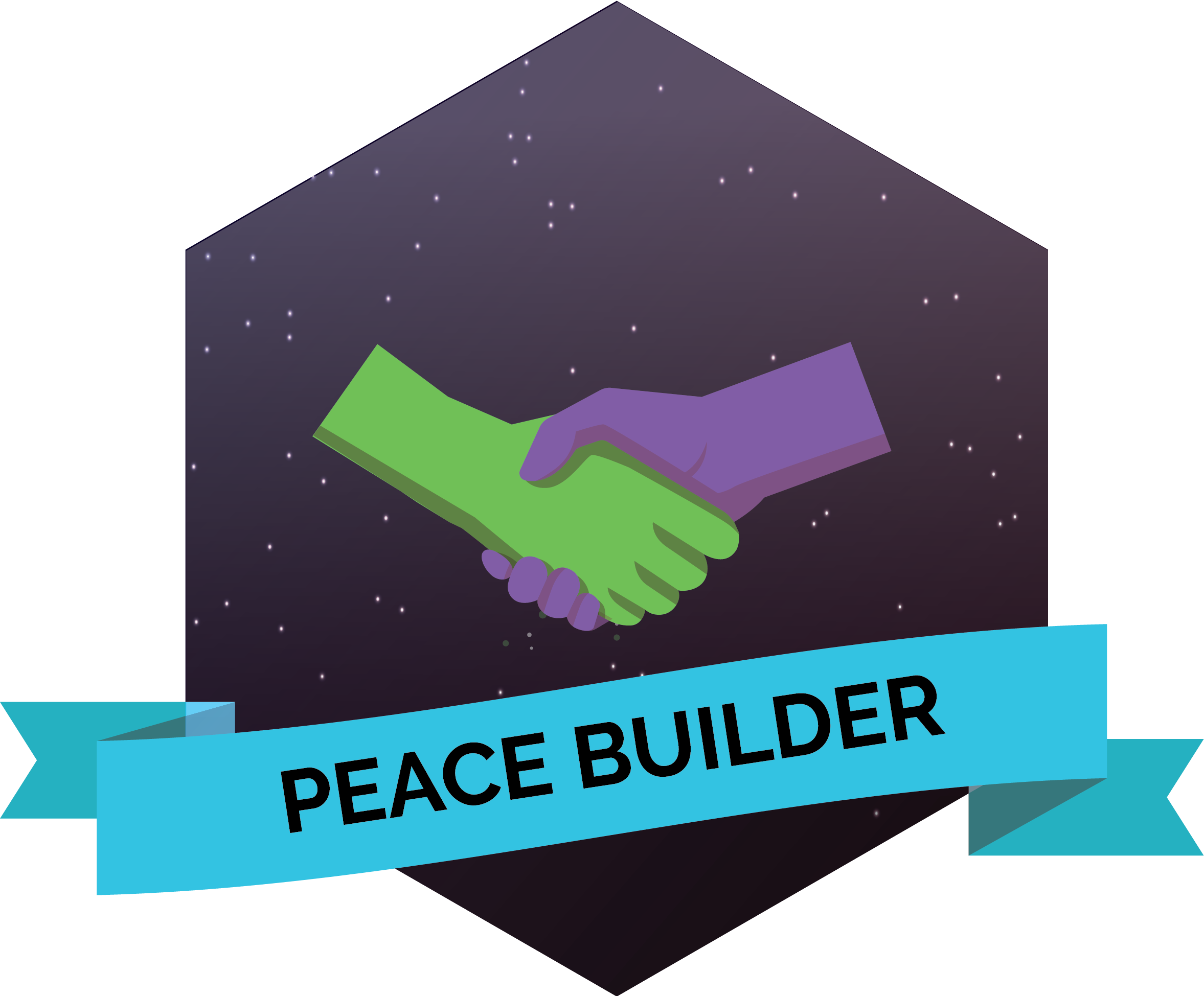Designed for the University of Chicago’s class of 2023 (approximately 1,700 players), Terrarium was an alternate reality game (ARG) that took place during first-year student orientation. This experience used transmedia storytelling (using Twitch and Open Broadcaster Software to facilitate live-action performance) and gameplay (video game mechanics and puzzles that stretched to various websites) to increase engagement and understanding about climate change. The goal of Terrarium was to aid participants in co-imagining a preferable climate future.
The game was set to have players interact with people from four versions of 2049. For each interaction with a possible future, players were greeted with a series of “inverse escape rooms” in which participating players helped a performer, broadcasting via Twitch, get out of a room where they had been trapped. The escape was facilitated through players solving multimedia puzzles, improvising interactions, and playing live-action networked games. Additionally, the game encouraged various forms of asymmetrical cooperation. Players in the Twitch chat and the person escaping the room had access to different information, thus, the two parties had to share and work together to resolve challenges.




